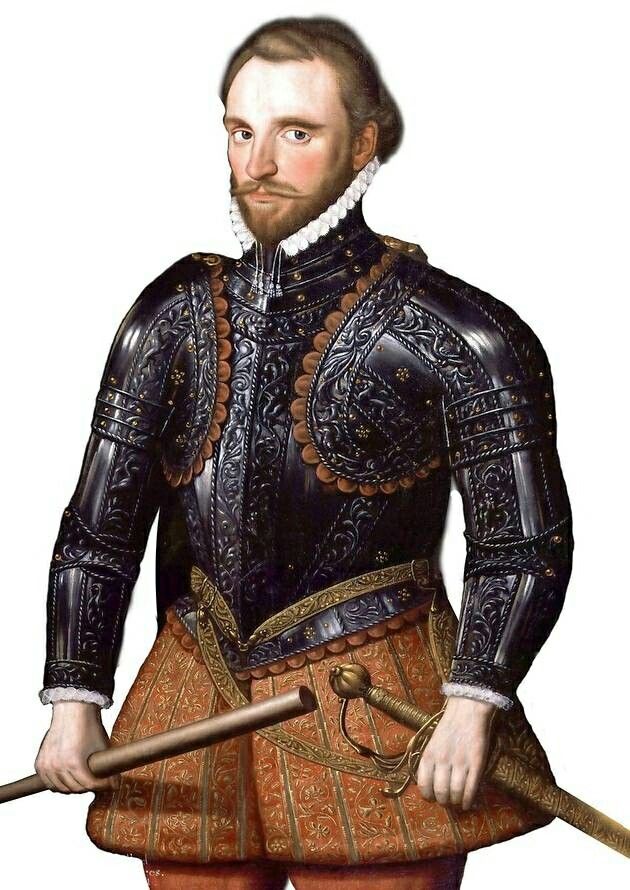There were various explorers from Great Britain during the 15th and 16th centuries. They were credited with various achievements. Exploring new countries was one of the most common practices during those times.
This was because of a variety of reasons. These explorers opened new chapters of trade and commerce between different countries throughout the world. Exploring new countries had its advantages as well as disadvantages. Some of them led to colonialism in countries of Asia and Africa too.
The famous English explorers were referred to as pirates and privateers by their enemies. The most famous English explorers embarked on their voyages of discovery during the Elizabethan reign of Queen Elizabeth I. The Elizabethan age produced some of the greatest explorers in Britain. Therefore, they were also called ‘Elizabethan Explorers‘
Some of the famous English explorers
Contents
Sir Walter Raleigh, Sir Francis Drake, Sir Martin Frobisher and Sir John Hawkins, Samuel de Champlain, Sir Francis Drake, Henry Hudson, Sir Richard Francis Burton, James Cook, Allan Cunningham etc. However, this list is not exhaustive because there was an endless number of explorers. Some of the few explorers are explained below:
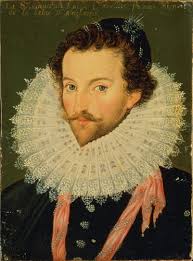
SIR WALTER RALEIGH
Sir Walter Raleigh was born in 1552. He lived till 1618. He became famous for the Discovery of Guiana and establishing the Virginia colony of Roanoke Island in 1584. In 1585, he established the Roanoke colony.
What did Sir Walter Raleigh do?
Sir Walter Raleigh was an explorer as well politician. He devised several naval explorations for England in the 16th century and defeated the defeated Spanish Armada.
How many voyages did Sir Walter Raleigh go on?
It is unknown exactly how many voyages Walter Raleigh himself went on, but he funded and devised three voyages to Roanoke Islands.
Why was Sir Walter Raleigh executed?
Sir Walter Raleigh was accused of treason and beheaded.
Sir Humphrey Gilbert
Sir Humphrey Gilbert lived from 1539 to 1583 and was a British soldier and navigator who was the man behind many daring explorations and overseas colonisation. He succeeded in annexing Newfoundland. Gilbert studied navigation and military and was sent to various places by the Queen including Ireland.
FRANCIS DRAKE
Francis Drake lived from 1545 to 1596. As a British explorer, slave-trader, privateer (a pirate working for a government) in the service of England, mayor of Plymouth, England, and naval officer. He led the second expedition to sail around the world in a voyage lasting from 1577 to 1580, the first person to lead the voyage being Magellan.
What was Sir Francis Drake famous for?
Drake was famous for several reasons along with circumnavigation of the world. He had also defeated the Spanish armada in an operation in which he was the vice-admiral commander.
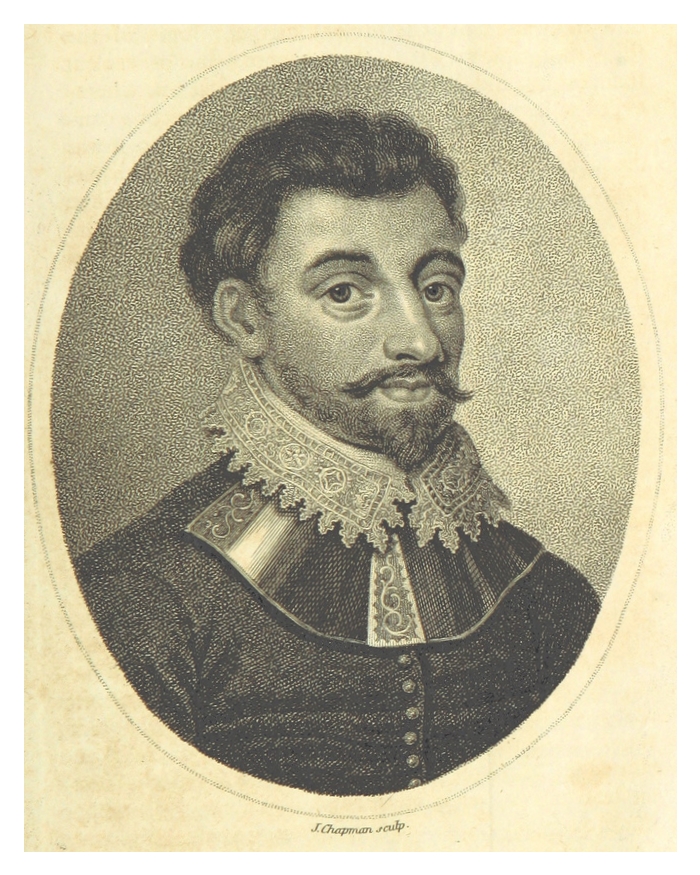
JOHN HAWKINGS
John Hawkings who was born in 1532 was an English naval officer, slave trader, privateer. He was also a cousin of Sir Francis Drake. He was the first slave trader supported in his voyage by Queen Elizabeth. Hawkins died on Nov. 12, 1595.
HENRY HUDSON
Henry Hudson was an English explorer and navigator. He lived from 1565-1611 and explored parts of the Arctic Ocean and northeastern parts of North America. As a tribute to his greatness, the Hudson River, Hudson Strait, and Hudson Bay are named after him.
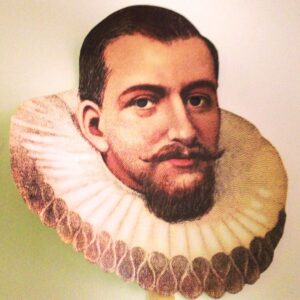
Richard Grenville
Sir Richard Grenville was one of the most powerful English naval commander who lived from 1542 to 1591. Apart from the heroic military operations devised by him, Sir Grenville also led a fleet of one hundred colonists to the Roanike Island, which is presently North Carolina. He also helped establish a plantation in the Irish province of Munster.
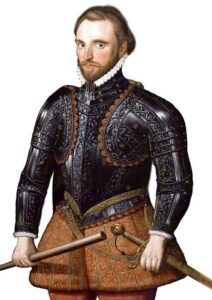
JAMES COOK
James Cook was a famous explorer, perhaps one of the most famous explorers who was also an astronomer. He was famous for expeditions to the Pacific Ocean, Antarctic, Arctic, and around the world. From 1768 to 1771, he led his first expedition. This was to observe Venus as it passed between the Earth and the Sun in order to try to determine the distance between the Earth and the Sun.
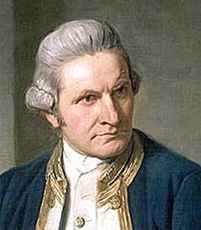
His second expedition was from 1772 to 1775 took him to Antarctica and to Easter Island on a voyage intended to show there was no large southern continent. From 1776-1779, a search for a Northwest Passage across northern North America to Asia – he searched from the Pacific Ocean side of the continent. Cook sailed from England on July 12, 1776, on the Resolution was his last expedition.
Elizabethan Privateers
Queen Elizabeth had developed a ‘supplementary navy’ in order to bring piracy on the seas under control. It was an age when Pirates and freebooters used to roam on the sea and had become unstoppable. They would plunder ships and kill people which resulted in great loss of English commerce.
A privateer was actually a merchant ship, privately owned and equipped at their own expense but was authorised by the Crown to raid the ships of the enemy. The things looted from the raided ships were then divided among the sailors and crew with a share of it given to the Crown.
Reasons for Explorations in the Elizabethan Era
Explorations in the Elizabethan age were undertaken due to various reasons. Trade and commerce was one of the reasons why Explorers were sent to the sea. The discovery of new lands helped the monarchy to establish new business relations or even colonising them.
Naval alliance was another reason why explorations were made. It also opened new routes to distant places which also helped to open and maintain new merchant fleets.
Elizabethan Ships
English ship of the 16th century England usually had three-masters and square canvas sails on the bowsprit, fore as well as main mass. To read more on English ships click on Famous Elizabethan Era Ships.
See also:
